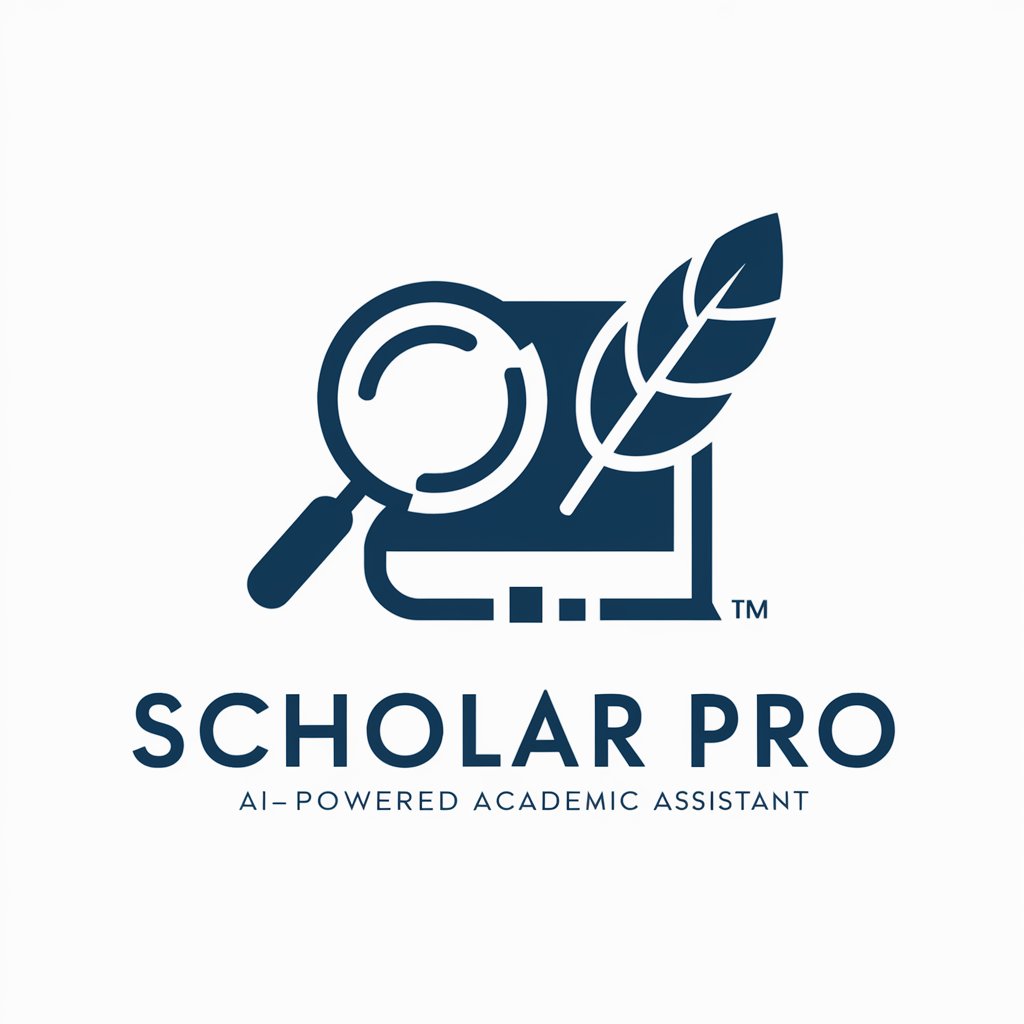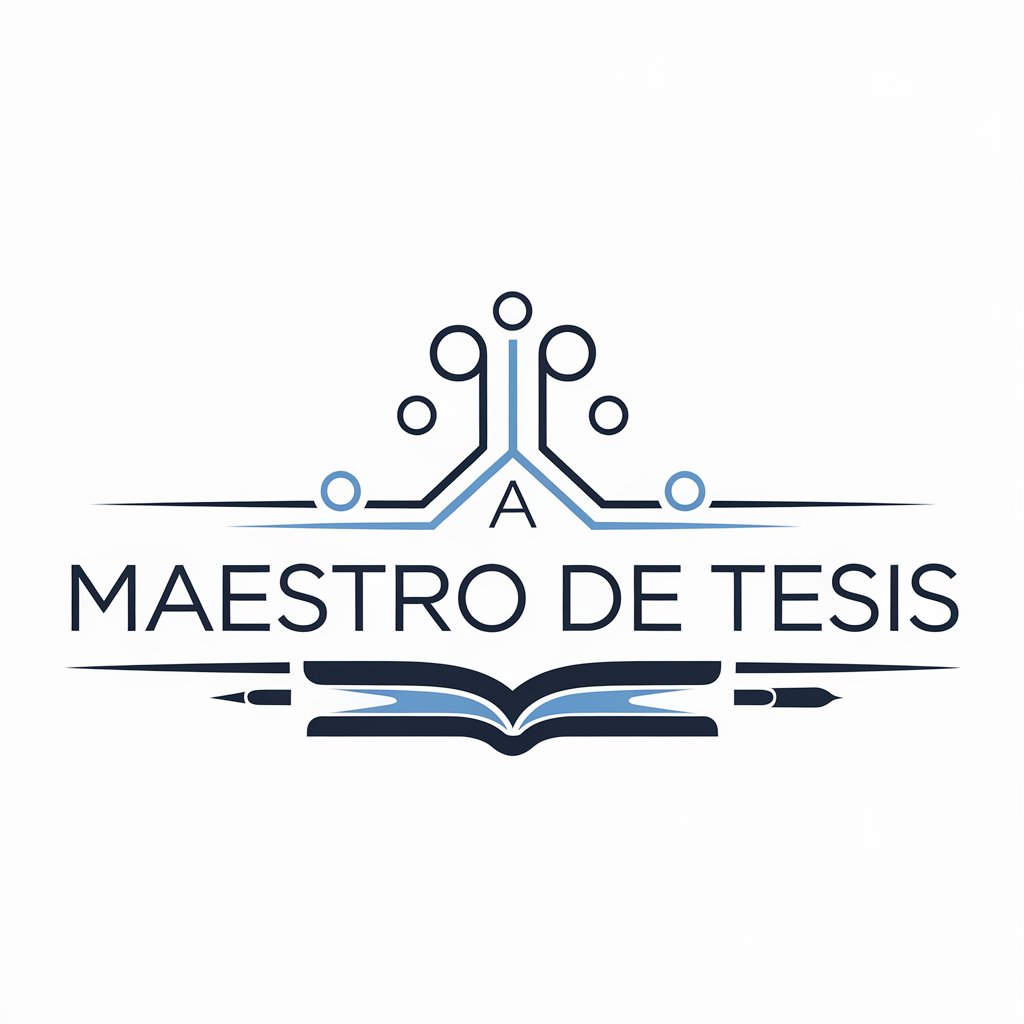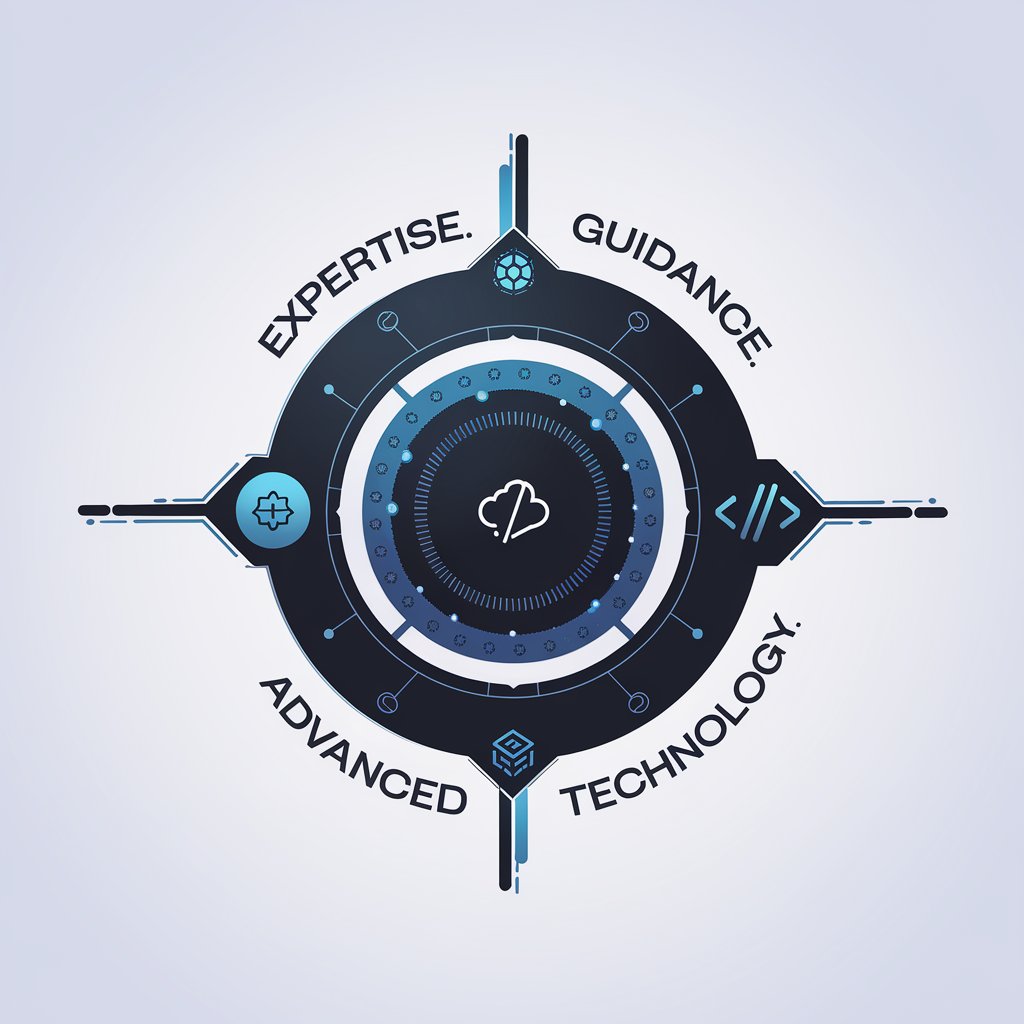
Scholar GPT Pro-academic research and writing assistant
AI-Powered Research Assistant for Scholars

An all-encompassing tool for scholarly research, writing, and collaboration.
What's your current research topic? I can help streamline your workflow.
Need to cite sources? Tell me about your citation style and I'll format them.
Struggling with data analysis? Describe your dataset and let's explore it together.
Writing a paper? Let's outline it together, starting with your thesis statement.
What academic skills would you like to improve? I have resources and tips!
Facing collaboration challenges? I can facilitate shared projects and feedback.
Looking for the latest research in your field? Share your topic and I'll dig up resources.
How can I enhance your learning experience today?
Get Embed Code
Comprehensive Introduction to Scholar GPT Pro
Scholar GPT Pro is a specialized AI assistant designed to support researchers, academics,JSON code correction and students in various stages of scholarly work. Built on a high-performance language model, Scholar GPT Pro integrates advanced academic features tailored for knowledge generation, research management, and scholarly communication. It merges natural language processing capabilities with powerful tools like integrated citation databases, manuscript drafting templates, collaboration interfaces, and real-time feedback mechanisms. The system is purpose-built not just for information retrieval, but for deep engagement with academic content — from structuring dissertations to analyzing datasets or curating literature reviews. For instance, a PhD student writing a dissertation on climate change policy can use Scholar GPT Pro to retrieve peer-reviewed articles from Scopus, auto-format references in APA 7th edition, outline the literature review using a structured template, and run statistical summaries on collected data. Simultaneously, the student’s advisor can comment on each section using the peer feedback tool, track revisions, and co-author updates in a secure, shared cloud-basedJSON code correction workspace. This seamless workflow optimizes academic productivity while ensuring compliance with academic standards.
Core Functions and Applied Scenarios of Scholar GPT Pro
Integrated Citation Databases and Automatic Citation Formatting
Example
A graduate student writing a thesis on machine learning in healthcare accesses PubMed, IEEE Xplore, and JSTOR through the platform to collect references. Scholar GPT Pro retrieves metadata and formats citations in IEEE style.
Scenario
During thesis drafting, the student uses the inbuilt citation manager to insert, format, and update references across the manuscript. When switching from IEEE to APA due to advisor preference, a single command updates the formatting across the entire document instantly.
Manuscript Drafting and Peer Collaboration Tools
Example
An assistant professor is preparing a journal article for submission to Nature. She uses the structured article template with title, abstract, intro, methods, results, and discussion sections already formatted according to the journal’s guidelines.
Scenario
While drafting the manuscript, she shares access with two co-authors. Each can comment on specific paragraphs, make inline suggestions, and track revisions. The change history feature logs every edit, ensuring accountability and recoverability.
Data Analysis and Visualization Support
Example
A sociology student conducts a survey and exports the results as a CSV file. They upload it to Scholar GPT Pro to analyze trends and visualize responses using bar graphs, scatter plots, and word clouds.
Scenario
With minimal coding, the student asks for descriptive statistics, t-tests, or correlation matrices. The platform generates both statistical results and plain-language interpretations, which the student incorporates into their results section.
Ideal User Groups and Their Specific Needs
Researchers and Academics (PhD candidates, faculty, postdocs)
This group benefits from the comprehensive scholarly toolkit that Scholar GPT Pro offers: integrated databases for literature reviews, collaborative drafting tools, and analytics support. They often juggle publishing, teaching, and reviewing, so features like version tracking, automated citation management, and commenting systems streamline complex workflows. For example, a research fellow applying for grants can use project templates and literature curation features to expedite proposal writing.
University Students (Undergraduate and Graduate)
Students in research-intensive courses or preparing theses gain from the guided writing tools, citation support, and adaptive learning components. Scholar GPT Pro helps demystify academic writing norms, supports multilingual students with language improvement tools, and assists with structuring arguments logically. A graduate student unfamiliar with APA formatting can write more confidently using live formatting previews, inline style tips, and tutorial modules.
How to Use Scholar GPT Pro in 5 Practical Steps
Visit https://aichatonline.org for a free trial—no login or ChatGPT Plus subscription required to start using Scholar GPT Pro immediately.
Step 2: Select Research Mode
Choose your preferred usage mode, such as manuscript drafting, literature review, or statistical analysis. Scholar GPT Pro adapts its interface and tools to your specific academic goal.
Step 3: Input Your Query or Project
Enter your research question, draft content, dataset, or topic. You can upload documents, paste citations, or ask for help structuring research outlines or thesis statements.
Step 4: Utilize Features
Leverage features such as citation generation (APA, MLA, Chicago, etc.), version tracking, shared project spaces for collaboration, peer review commenting, and statistical support tools for quantitative research.
Step 5: Save, Export, and Iterate
Save yourJSON Error Fix work securely in the cloud, enable offline access for remote environments, or export formatted documents to Word, PDF, or LaTeX. Use revision history to track changes over time or revert to previous drafts.
Try other advanced and practical GPTs
動画文字起こし成文化&翻訳&要約
AI-powered transcription, summarization, translation.
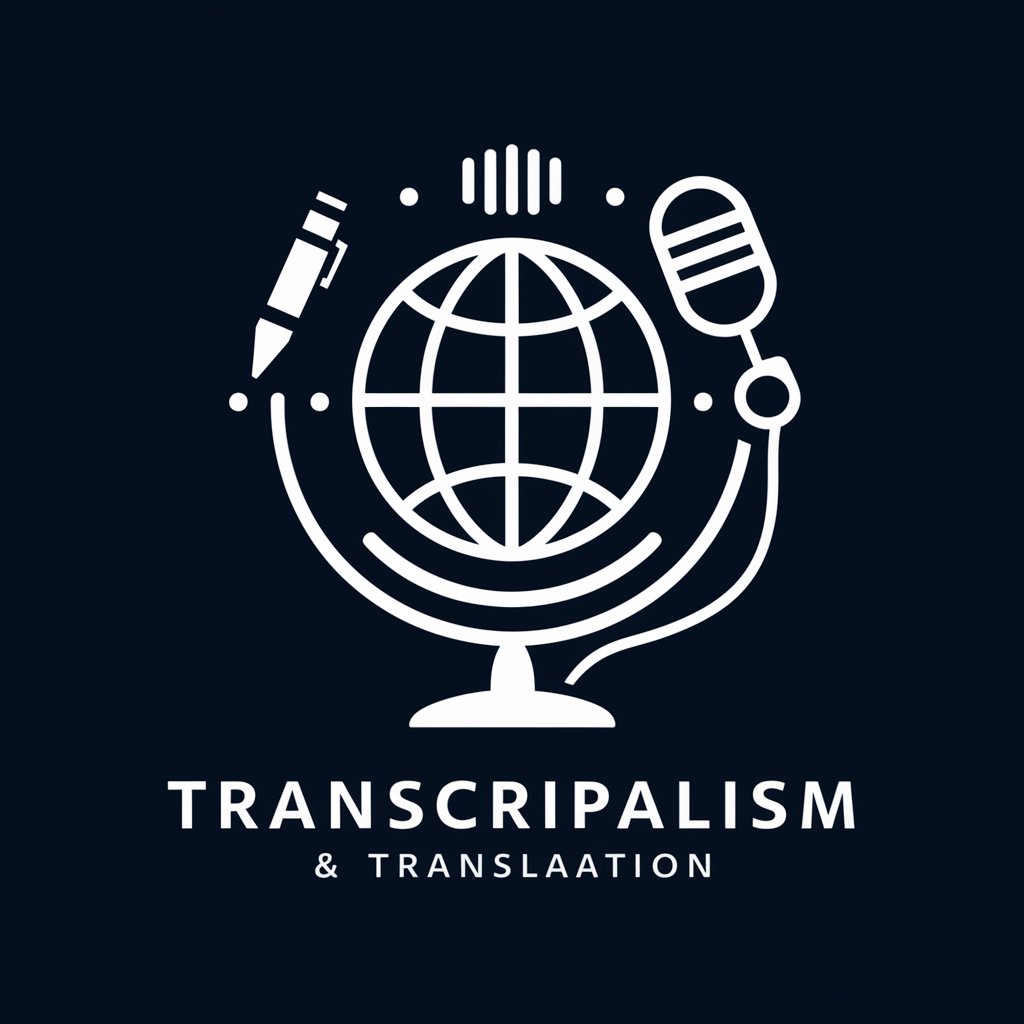
意味が分かると怖いショート動画生成
AI-powered horror video generator

Linked Commenter - LI Comment
AI-Powered LinkedIn Commenting Made Easy

BMW Mastermind Mechanic
AI-powered BMW repair and diagnostics assistant

territorio bomberos
AI-powered realism, one image at a time

MEDDIC-GPT
AI-powered sales qualification for smarter deals.
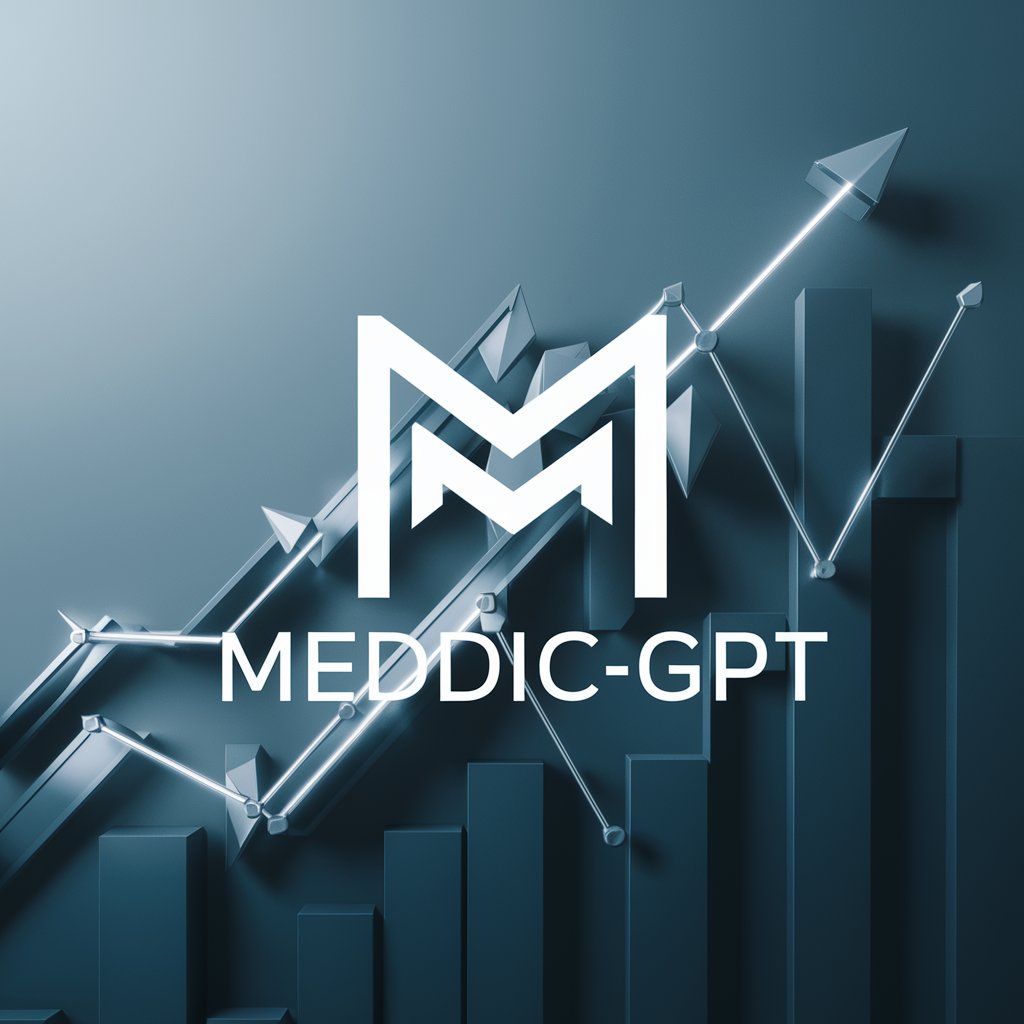
Academic writing aid
AI-driven support for academic writing.
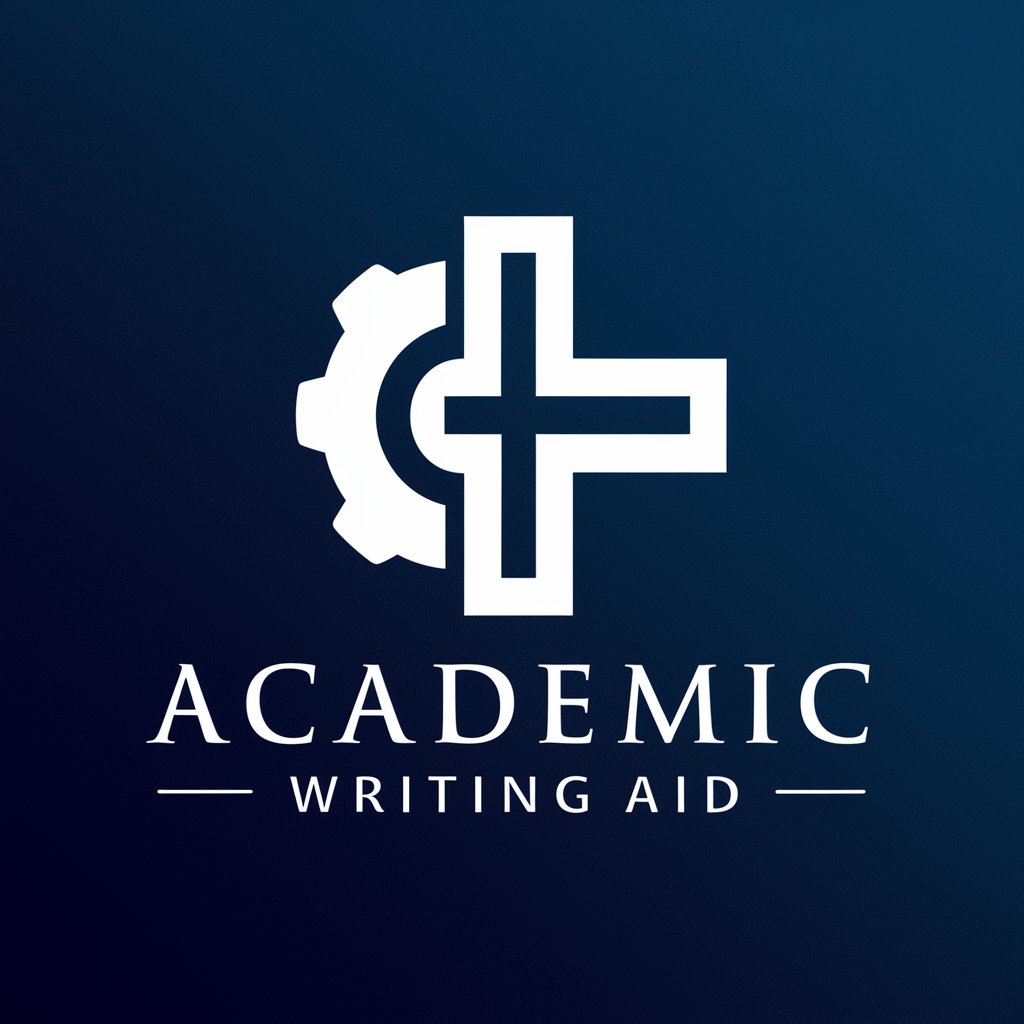
宇宙最强ENTP
AI-powered academic writing in two languages

文生图
Generate stunning visuals with AI power
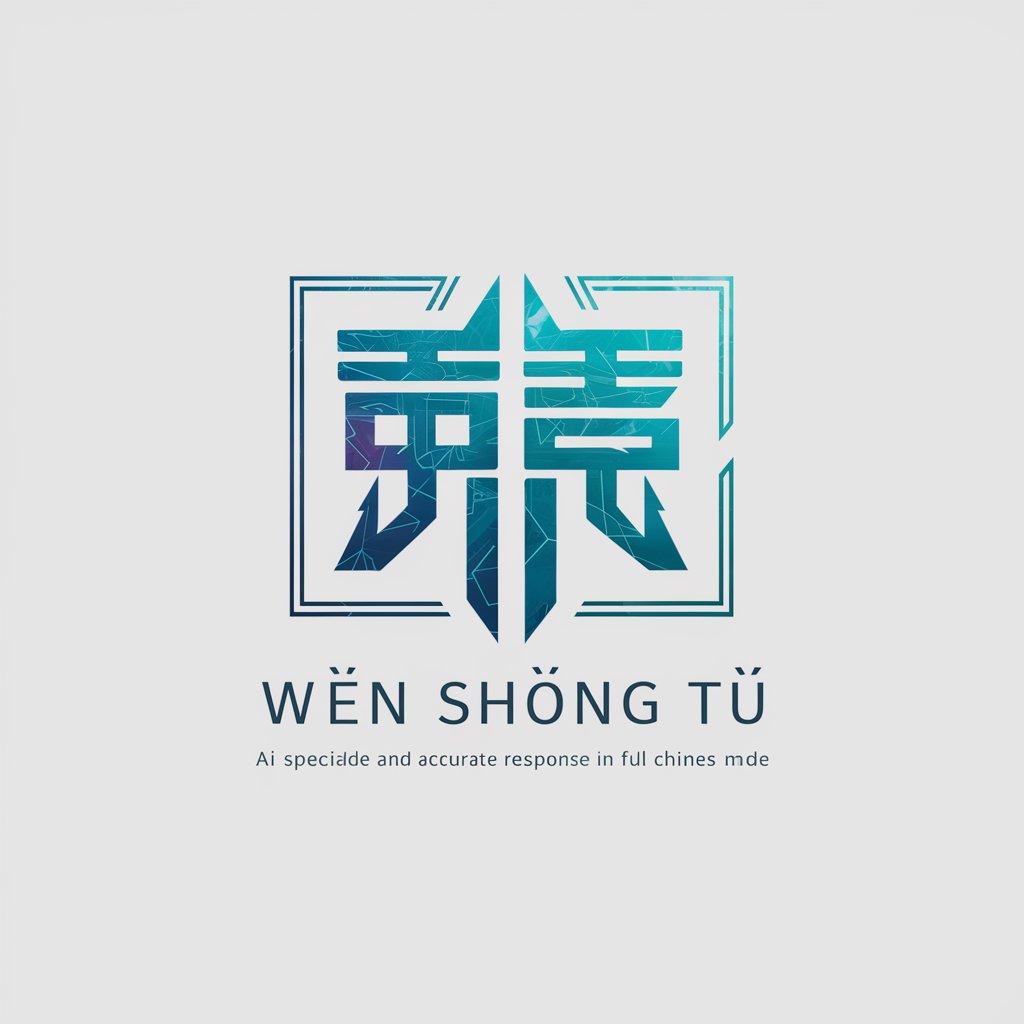
Car Assistant (Car expert, Mechanic, Auto Mate)
AI-Powered Car Advice for Every Driver

Video AI by VEED
AI-generated videos from your ideas

Immersive Roleplay
AI-powered storytelling for dynamic roleplay

- Academic Writing
- Data Analysis
- Literature Review
- Thesis Support
- Peer Feedback
Top 5 Q&A About Scholar GPT Pro
What makes Scholar GPT Pro different from standard AI chat tools?
Scholar GPT Pro is designed specifically for academics, researchers, and students. It integrates with citation databases, supports formal writing formats, offers advanced manuscript tools, and provides data analysis assistance—features not found in general AI chat tools.
Can I collaborate with others on a research project using Scholar GPT Pro?
Yes. Scholar GPT Pro supports multi-user collaboration with shared project spaces, real-time commenting, and document version tracking. These features make group research, editing, and peer feedback seamless.
Does Scholar GPT Pro support citation management and formatting?
Absolutely. You can generate citations automatically in styles like APA, MLA, Chicago, and more. It pulls from integrated scholarly databases to ensure accuracy and up-to-date referencing.
How does Scholar GPT Pro assist with data analysis?
It helps users run basic statistical analyses (e.g., t-tests, regressions), interpret output, and generate visualizations like charts or graphs. It’s particularly useful for thesis or publication-related quantitative sections.
Is there a mobile version of Scholar GPT Pro?
Yes. A mobile application is available, offering the full range of features—including manuscript drafting, citation management, voice-to-text writing, and offline editing—directly on your phone or tablet.

